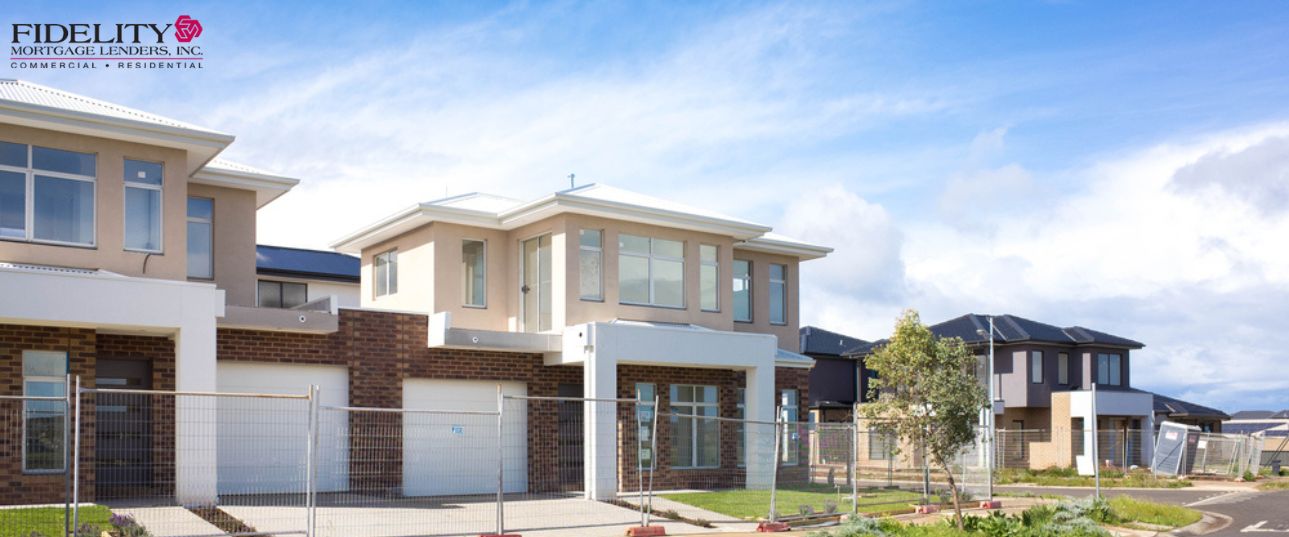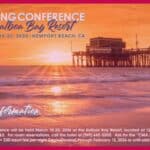Suppose you want to invest in a business that rents property to tenants. You’ll need to learn about non-owner-occupied mortgages and special home loans for properties to be used only as rentals. While these special loans are like home loans, it’s essential to understand the differences. Here are crucial facts you should know about a non-owner-occupied loan.
A non-owner-occupied loan is offered to homebuyers who don’t plan to live on the property and instead plan to rent it out. This type of loan is different from one for apartment complex owners. Lenders want to know who will be residing on the property because renters typically don’t take care of a property as well as owners.
How Do I Qualify for a Non-Owner-Occupied Mortgage?
In order to qualify for a non-owner-occupied mortgage loan, you need to pay a larger down payment on your second home than for the home where you reside. Having a second mortgage puts lenders of both loans at risk the borrower will default, which is why it requires a greater upfront payment. You may have to pay 20 to 30 percent to qualify for a non-owner-occupied loan. Lenders will take into account your debt and savings levels when considering the application.
Are Interest Rates Higher on Non-Occupied-Owner Mortgages?
Due to the increased risk for lenders surrounding non-occupied-owner loans, you can expect to pay a higher interest rate than a traditional loan. The amount you pay will be determined by the lender based on various characteristics of your property. In general, the size of your down payment, the number of units on the property, and your credit score will be the most significant factors that impact your interest rate.
Avoid Occupancy Fraud
Some real estate entrepreneurs might consider applying for a traditional home loan for the property they want to rent out. But that’s risky since it can be construed as occupancy fraud. Lying on a mortgage loan application that you intend to use the home as your primary residence can lead to time in prison since it falls under bank fraud. You probably won’t be charged with bank fraud, though, if your original intention was to live in the home, but circumstances changed.
Get Started on Your Non-Occupied Mortgage Loan with Fidelity Mortgage
At Fidelity Mortgage Lenders, we offer non-owner-occupied mortgages to home buyers who specifically plan to rent the home to others. It can be a wise investment in which a rental home pays for itself. Contact us today to get started. Our experts are ready to answer questions about your financial options.
Contact Us
Comments are closed.







